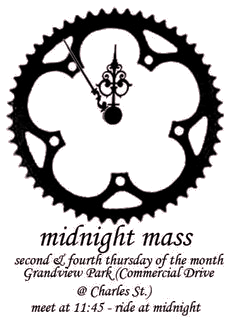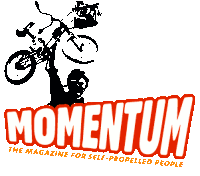Anti-Road Protest in Bolivia
| Fresh protests in Bolivia road row From Al Jazeera | ||
| | ||
| Tens of thousands march against government's violent crackdown on demonstrations against controversial road. Last Modified: 28 Sep 2011 21:23 | ||
Tens of thousands of Bolivians have taken to the streets to protest against President Evo Morales's handling of demonstrations opposing the construction of a controversial highway through an Amazon rainforest reserve. Protests took place in several major cities on Wednesday in defence of the reserve, which is inhabited by thousands of indigenous people. Demonstrators heaped reproach on Morales, the first indigenous person to be elected president, for a violent government crackdown on earlier protests. "This government is the worst and it should go because it attacked human beings, the indigenous compatriots who had given it their support, and now it's turned its back on them," said Juan Pinto, a 44-year-old schoolteacher who took part in a march that brought central La Paz, the capital, to a standstill. Bolivia's main labour federation had called a 24-hour general strike on Wednesday, though many businesses remained open. Schools and health services were affected by the strike. Several thousand people from the Central Obrera Boliviana (COB) marched from the suburb town of El Alto to La Paz, however, crippling traffic. Authorities called the strike unnecessary, as Morales had earlier ordered the suspension of the project pending a referendum on whether it should go forward. Resignations continue Bolivia's interior minister, Sacha Llorenti, his top deputy and another official earlier resigned over the violent police crackdown on indigenous activists. Llorenti made the announcement in La Paz on Tuesday after he became the focus of fierce criticism when riot police fired tear gas and arrested hundreds at a Sunday crackdown on activists who were 41-days into a protest march against the highway. Earlier in the day, Carlos Romero, the president's chief of staff, announced that the deputy foreign minister, Marcos Farfan, had also resigned over the incident, saying that Llorenti's top deputy would "submit to an investigation and will have to take responsibility for the events on Sunday". Llorenti, a former human rights activist, said he was resigning in an attempt to avoid politicising the incident and to defend himself from criticism over the crackdown. He also blamed Farfan for the incident, saying his top adviser oversaw the police force that broke up the protests and acted "at the suggestion of some police officers". The director of Bolivia's migration agency, Maria Rene Quiroga, blasted Sunday's incident as "unforgivable" and resigned on Tuesday. These latest resignations follow that of defence minister Cecilia Chacon, who resigned her post on Monday in a show of disgust over the incident, in which one baby was reportedly killed by tear gas inhalation. Replacements were quickly sworn in: Wilfredo Chavez, a Morales loyalist, replaced Llorenti, while Ruben Saavedra, who was defence minister until April, took up his old job again. Morales swore them in late on Tuesday. The backlash is a major setback for President Evo Morales, who by stubbornly insisting on the 300km jungle highway alienated many of his indigenous core supporters in this poor, landlocked nation where more than two in three people are members of indigenous groups. Construction suspended Morales suspended construction of the highway on Monday, hours after police released hundreds of activists who had blocked roads and stopped airport traffic in an attempt to prevent other arrested protesters from being taken out of the area. "We repudiate the excesses yesterday at the march," Morales said, adding that a high-level commission including international representatives should be formed to investigate the crackdown. One young child reportedly died as a result of tear gas inhalation. The crackdown came 41 days into an indigenous-led march against the plan to build the highway that would connect Brazil with Pacific ports in Chile and Peru. In a brief televised address, Morales said he would let the two affected regions, Cochabamba and Beni, decide whether to proceed with the Brazil-financed road. 'Extreme violence' As a result of the crackdown, several people suffered minor injuries, according to local media reports. "The march was defused because it had become a source of violence," he told the Reuters news agency. Police surged into the demonstrators' camp with "extreme violence", veteran activist Maria Carvajal told the AFP news agency. "I could not believe what was happening." On Monday, protesters reacted by setting barricades on fire on the airport runway in the town of Rurrenabaque, in an attempt to free about 300 marchers who were being held by authorities, Mayor Yerko Nunez told local media. In La Paz, riot police set up a security cordon around the Quemada government building, as thousands of demonstrators gathered outside. Other protests were also held in the central city of Cochabamba, where students marched and majority Aymara and Quechua indigenous peoples began a hunger strike. Protests were also held in the northern province of Beni and in Santa Cruz. |
 Vancouver Critical Mass
Vancouver Critical Mass












0 Comments:
Post a Comment
Please be respectful and constructive. If you want to vent or hate do it somewhere else. Violent, threatening and abusive comments will be removed. Please read other posts and discussion to avoid duplicate questions.
<< Home